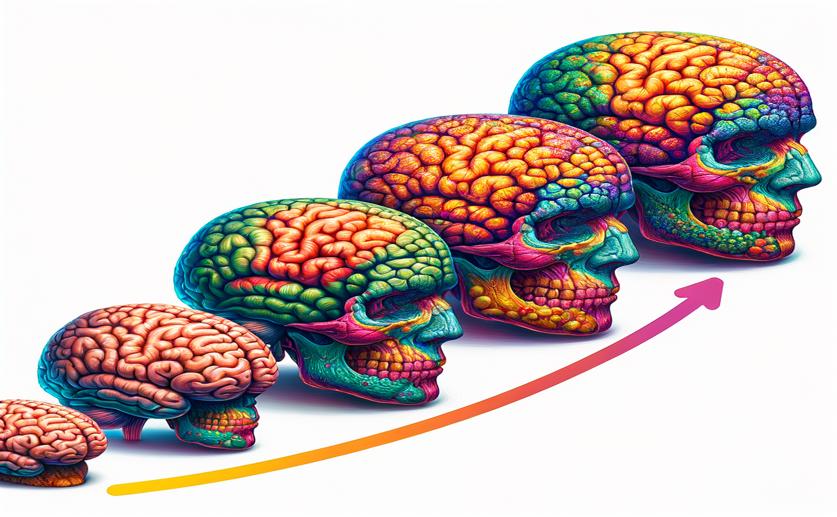
How Eating Habits Impact Brain Size Over Time in Adults
Jenn Hoskins
13th March, 2024

Image Source: Natural Science News, 2024
Key Findings
- In Japan, older women following a Traditional Japanese diet showed less brain shrinkage
- This diet includes whole grains, seafood, veggies, fruits, mushrooms, soy, and green tea
- No link was found between diet and brain health in men from this study
References
Main Study
1) Associations of dietary patterns and longitudinal brain-volume change in Japanese community-dwelling adults: results from the national institute for longevity sciences-longitudinal study of aging.
Published 12th March, 2024
https://doi.org/10.1186/s12937-024-00935-3
Related Studies
2) Associations between dietary patterns and dementia-related neuroimaging markers.
3) Dietary magnesium intake is related to larger brain volumes and lower white matter lesions with notable sex differences.
4) Association between the mediterranean diet and cognitive health among healthy adults: A systematic review and meta-analysis.
5) Basic lifestyle habits and volume change in total gray matter among community dwelling middle-aged and older Japanese adults.



 7th March, 2024 | Jenn Hoskins
7th March, 2024 | Jenn Hoskins